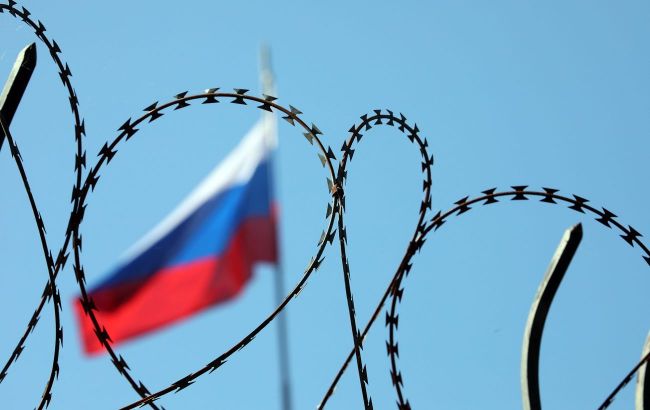EU to adopt new sanctions against Russia today - Politico
 Illustrative photo (Getty Images)
Illustrative photo (Getty Images)
Today, on December 18, the European Union is set to undergo a brief written procedure for the approval and publication of its 12th package of sanctions against Russia, according to Politico.
Austria has withdrawn its reservations regarding the 12th sanctions package, paving the way for the commencement of the written procedure leading to the final adoption of the package.
According to a diplomat quoted by Politico, a short written approval procedure will take place today (December 18), with the publication scheduled for the same day.
As highlighted by the Financial Times, Austria's primary concern was the inclusion of Raiffeisen Bank International in the list of "international sponsors of war." However, on Saturday, December 16, Ukraine excluded the bank from the list during negotiations with the European Commission.
The Austrian bank continues to operate in Russia. Despite scaling back its business, half of its profits for this year are attributed to the country.
Diplomats point out that since the other 26 EU member states have already signed on, it is likely that the new sanctions package will be adopted today.
What's included in the sanctions
Starting January 1, a ban on Russian diamonds will be implemented, as agreed upon by the G7 countries. This includes an expected reinforcement of restrictions on the price of Russian oil.
Meanwhile, aluminum will face restrictions for the first time: the import of wire, foil, pipes, and tubing will be prohibited. However, the EU industry argues for much more lobbying, noting that the sanctioned products account for only 15% of imports.
There is an anticipated relaxation of controls on the import of luxury items. EU citizens will be allowed to keep automobiles exported from Russia, provided that the country where they cross the border agrees to it.
Austria's blockade of sanctions against Russia
On December 12, European Union envoys failed to reach an agreement on a new sanctions package against Russia. Austria hindered the decision, as Vienna demanded that Ukraine remove Raiffeisen Bank International from the list of international sponsors of the war.
The bank did not sell its business after Russia's invasion of Ukraine and continued to operate in the Russian market. In February, the U.S. Office of Foreign Assets Control initiated an investigation into RBI's operations in Russia, partially occupied territories of Ukraine, and Syria.

